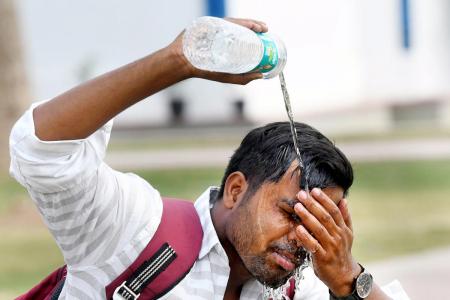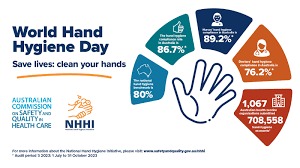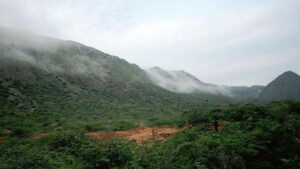Maharashtra faces heatwave challenge: Health activists urge to take precautions

Representational pic
As temperatures continue to soar, Maharashtra grapples with the onset of a heatwave, witnessing 23 reported cases of heatstroke within a span of just 28 days. While no fatalities have been confirmed, health experts stress the immediate implementation of the government’s heatwave action plan, particularly in rural areas where such cases often occur.
Since March, various districts of Maharashtra have experienced heatwave conditions, with 10 new cases reported in the last 10 days alone. Among the worst-hit areas are Amravati, where three cases were recorded, and Raigad, Pune, Beed, Buldhana, and Kolhapur, each reporting two cases. Additionally, single cases were reported in Thane, Ahmednagar, Akola, Bhandara, Chandrapur, Dhule, Gadchiroli, Jalgaon, Nanded, and Satara.
While there have been no confirmed deaths, there is one suspected case in Chhatrapati Sambhaji Nagar, where a 30-year-old man reportedly succumbed to heatstroke. A heatwave, characterized by prolonged periods of intense heat and high humidity, poses serious health risks, including heatstroke and dehydration.
Symptoms require immediate attention, including moving affected individuals to cooler areas, providing cold water, and applying damp cloths to lower body temperature. In severe cases, intravenous saline may be necessary to restore fluids and electrolytes.
With temperatures reaching 39 degrees Celsius in Chhatrapati Sambhaji Nagar, hospitals are witnessing an influx of patients displaying heatstroke symptoms. The rising humidity levels during nighttime exacerbate discomfort, leading to excessive sweating.
Amidst these challenges, health activists advocate for the full implementation of the heatwave action plan, emphasizing the need for training healthcare professionals in treating heat-related illnesses. Last year’s plan outlined measures such as adjusting work hours for vulnerable populations and providing amenities like drinking water at workplaces. However, effective implementation remains lacking, with laborers, including pregnant women, often forced to work under harsh conditions.
Moreover, the action plan calls for provisions such as makeshift ponds for animals and water pots for birds and stray animals. During a recent review meeting, health officials underscored the importance of proactive preventive measures to address heat-related illnesses in hospitals and communities.
In light of the impending heatwave, doctors urge the public to prioritize preventive measures, including staying hydrated and avoiding outdoor activities during peak hours. By adopting these precautions, individuals can significantly reduce the risk of heat-related illnesses and safeguard their well-being during the challenging summer months.








